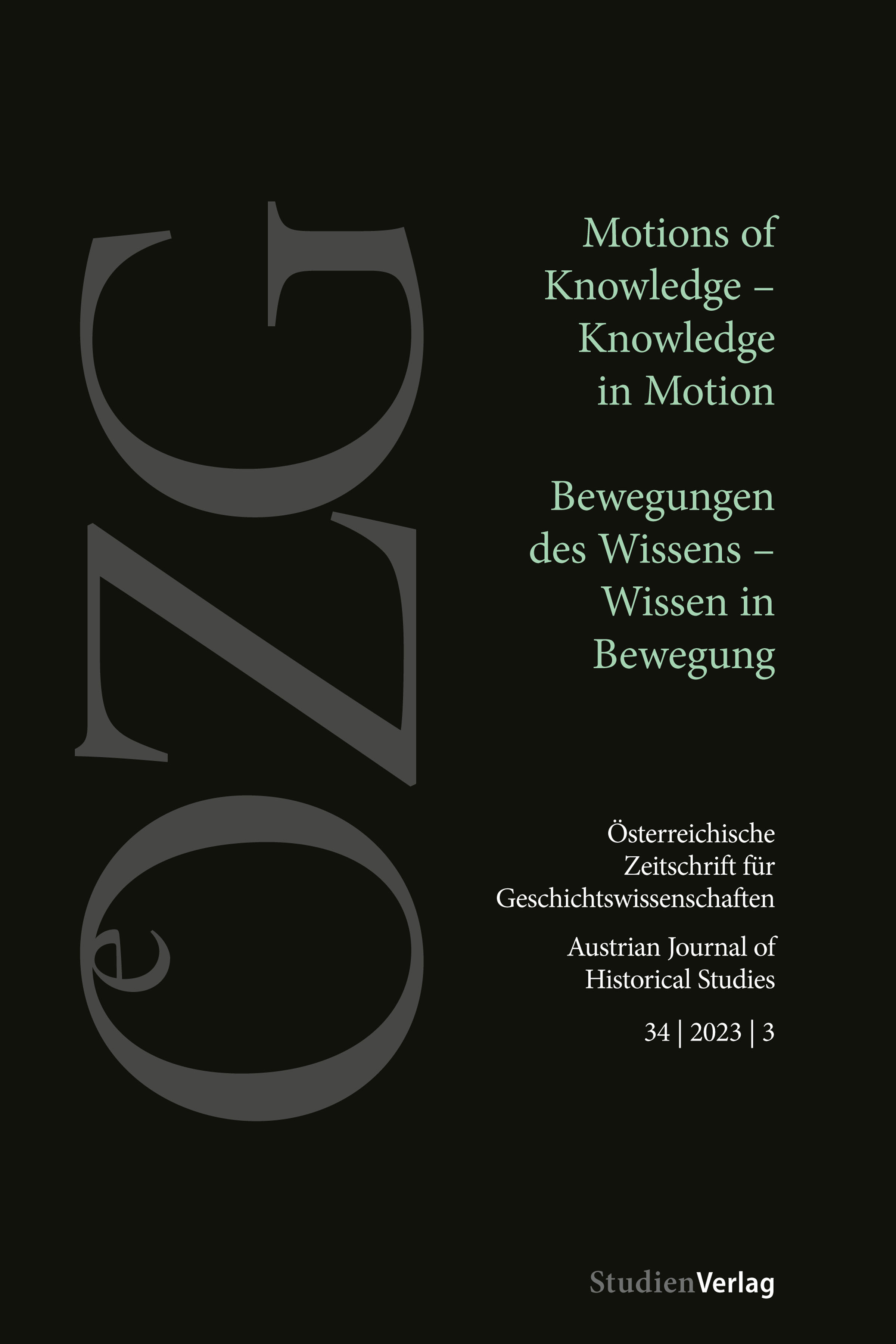“To Cross a Surf Both Alarming and Dangerous”. An Exclusionary Knowledge of Motion in the Madras Surf Zone, 1755–1842
DOI:
https://doi.org/10.25365/oezg-2023-34-3-10Schlagworte:
Madras, English East India Company, masula boats, indigenous knowledge holders, non-circulation of knowledge, boatmenAbstract
Movement between ship and shore at the English East India Company port of Madras (modern Chennai) was mediated by local boatmen in locally designed and built masula boats from the founding of the city in 1639 through the end of the nineteenth century. Without the masulas and boatmen, Company officials had no alternative methods for landing cargo and passengers and as a result were fully dependent on the continued cooperation of the boatmen. Aware of their linchpin role in the continued operation of Madras as a trade hub, the boat people alternatively supplied and withheld their exclusive knowledge and skill in the surf zone as a means of increasing personal profit and in attempts to improve working conditions. This paper argues that the boatmen’s periodic withholding of expertise and technology allowed the community to assert group agency and limited company control over the system of ship to shore movement.
Downloads
Veröffentlicht
Zitationsvorschlag
Ausgabe
Rubrik
Lizenz
Copyright (c) 2023 Österreichische Zeitschrift für Geschichtswissenschaften

Dieses Werk steht unter der Lizenz Creative Commons Namensnennung 4.0 International.


